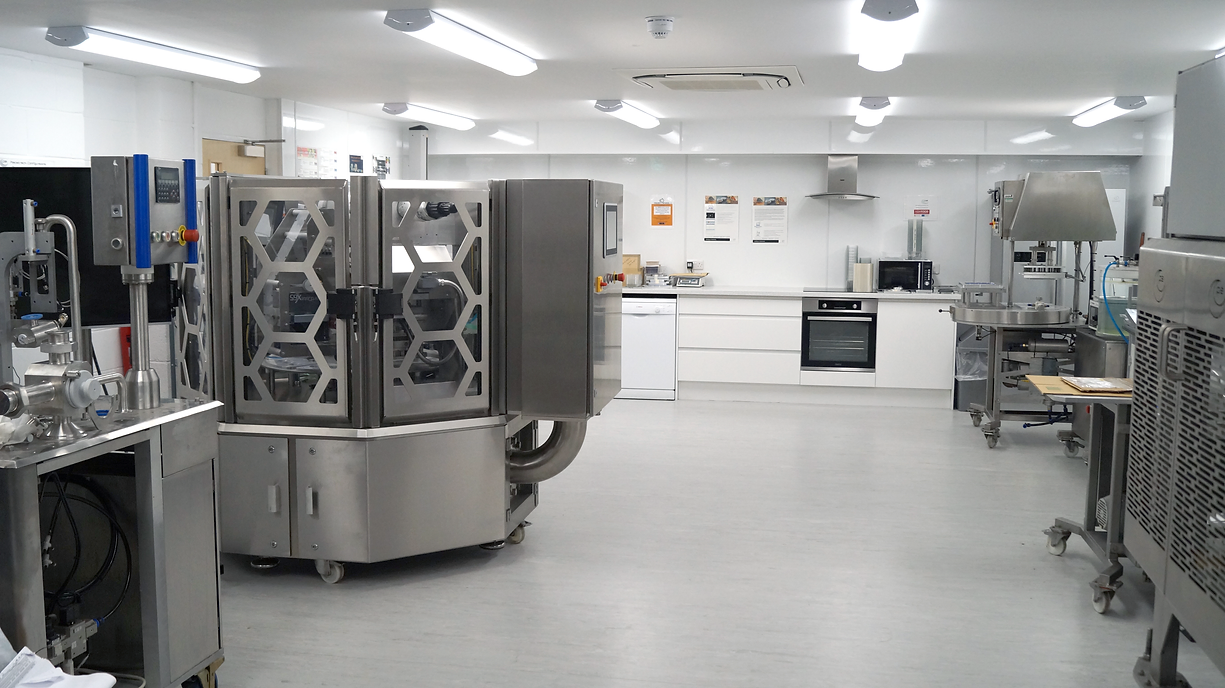With environmental consciousness at the forefront of consumer and business priorities, making sustainable choices has become more critical than ever. One such area where companies are focusing on sustainability is packaging. We follow the journey of an existing Packaging Automation customer seeking to replace traditional tray seal film with post-consumer waste food grade plastic, demonstrating their commitment to eco-friendly practices. By conducting trials and leveraging the Packaging Automation team of technical experts, this customer was able to ensure a smooth transition while minimizing the impact on their product and operations.
The Shift towards Sustainable Packaging

The shift from conventional packaging to sustainable alternatives has gained substantial traction in recent years. With growing concerns about plastic pollution and the depletion of natural resources, companies are under pressure to adopt packaging solutions that are environmentally friendly yet maintain the integrity of their products. At Packaging Automation, we recognise and acknowledge this demand and have stepped forward to assist customers in making the transition.
Customer’s Sustainble Vision
The existing Packaging Automation customer, who had been using tray sealing with film for their products, envisioned a more sustainable future. Their aspiration was to switch to post-consumer waste food grade plastic as an alternative. This not only aligned with their environmental values but also showcased their commitment to reducing their carbon footprint and contributing to a circular economy.
Trials and Tests in the Packaging Automation Trial Facility

To ensure a seamless shift, the customer approached Packaging Automation for advice and guidance and it was apparent that the best place to start was with trials and tests in the state-of-the-art Trial Facility on site at the Packaging Automation in Cheshire. This facility allowed them to simulate real-world conditions and assess how the new packaging material would impact their product. This step was crucial in understanding potential challenges, such as compatibility, sealing quality, and shelf life, before making a full switch.
Leveraging Technical Expertise
Packaging Automation understands the significance of this transition for customers’ business and the onsite technical team collaborates closely with customers, analyzing data, conducting thorough tests, and providing insights. This collaboration ensures that all potential issues are addressed. The technical experts played a pivotal role in fine-tuning the packaging process, guaranteeing that the quality and safety of the product were not compromised.
Mitigating Risks and Ensuring Quality
While the customer's primary goal was sustainability, they were also wary of potential risks associated with the transition. Packaging plays a crucial role in preserving the freshness and quality of products, and any compromise could have severe consequences. The trials and tests conducted in the Trial Facility were instrumental in identifying and mitigating risks. The technical team's expertise ensured that the new packaging material met all necessary standards, minimizing the risk of negative impacts on the product.
Informed Decision Making
Armed with the insights from the trial results and the guidance of Packaging Automation's technical experts, the customer was able to make an informed decision regarding the transition. They had a comprehensive understanding of how the post-consumer waste food grade plastic would perform in real-world scenarios, allowing them to confidently embrace sustainable packaging without compromising their product's quality.
The journey of this existing Packaging Automation customer demonstrates how businesses can evolve their practices to align with environmental goals.

Simon Wilson, Seal Technologist at Packaging Automation commented that leveraging more than 60 years of packaging expertise, they have collaborated extensively with customers for several years. Their objective has been to assist these customers in identifying optimal substitutes for plastic packaging for their products. This comprehensive approach entails not only exploring more ecologically sound options but also minimizing packaging volume and optimizing the overall process.





